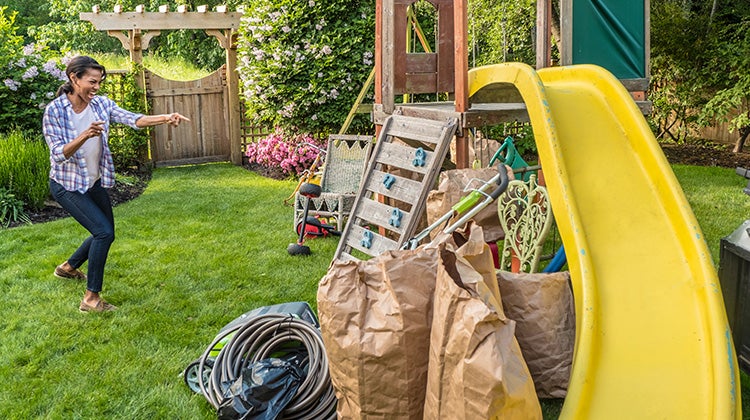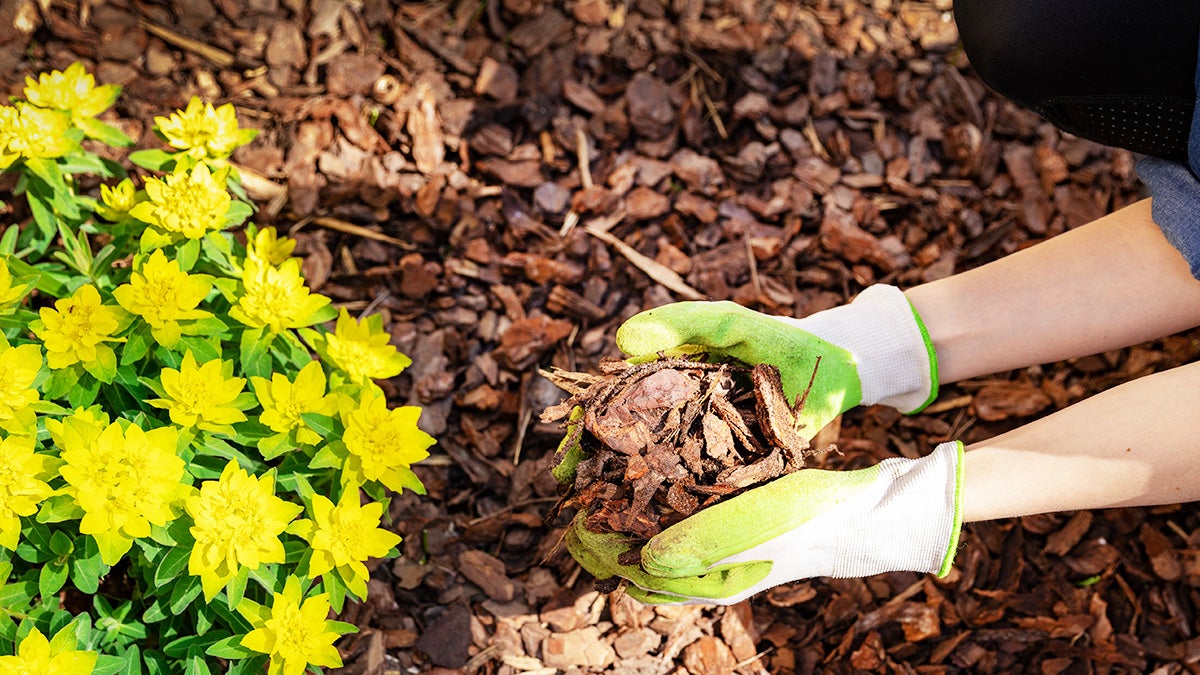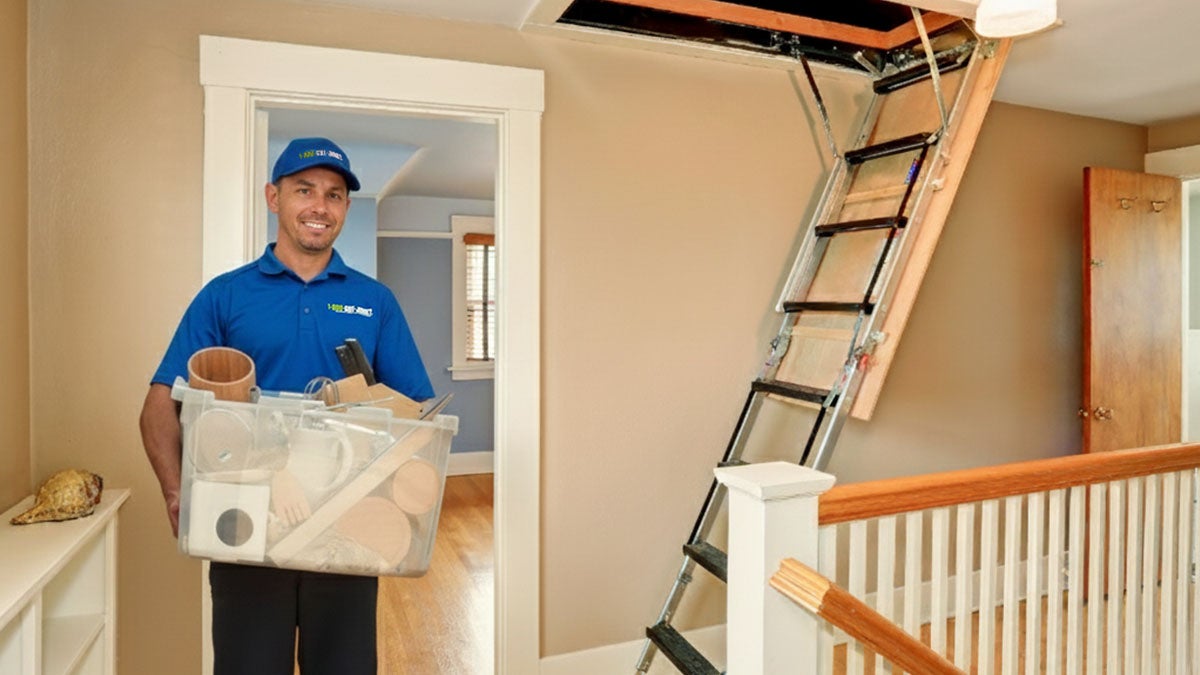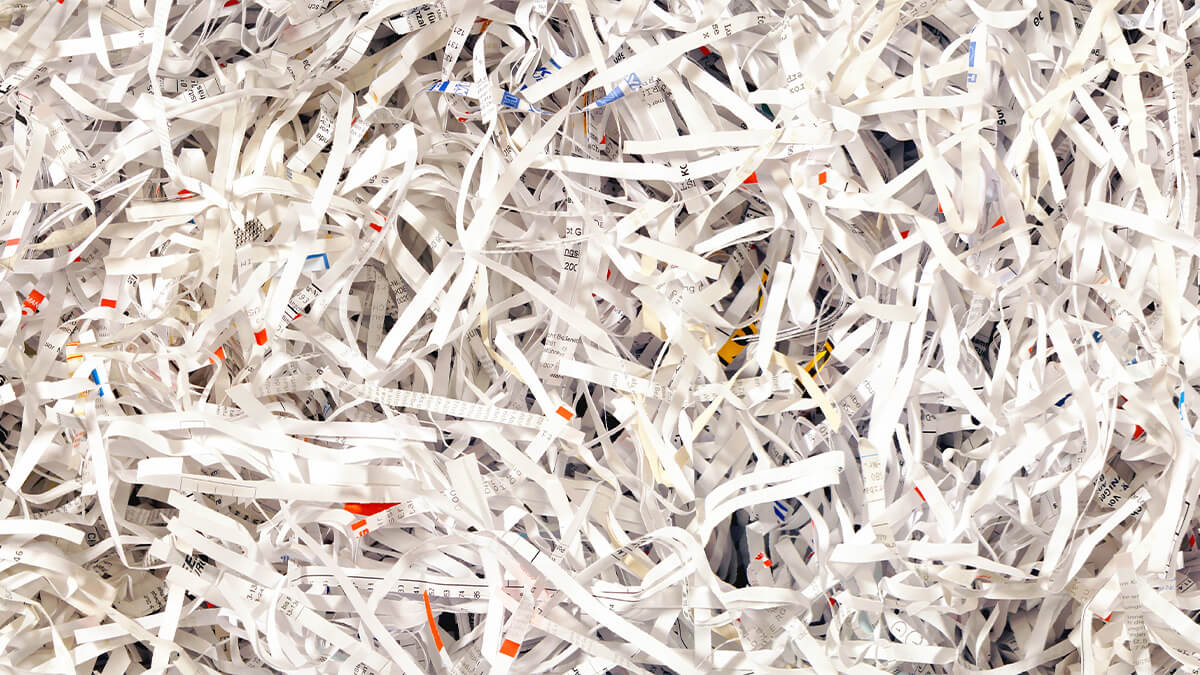Wood chips, which can be a byproduct of tree removal or pruning or can be purchased for a garden or landscaping project, can be both a valuable resource and a potential nuisance in your outdoor space.
However, there may come a time when you need to get rid of excess wood chips or mulch. Here is our team of Junk Removal experts' creative and eco-friendly ways to dispose of old mulch or wood chips when they've served their purpose in your outdoor projects.
Using wood chips wisely
Before we discuss disposal options, let's briefly recap some of the ways you can use wood chips or mulch effectively in your outdoor spaces.
- Erosion control: Wood chips stabilize soil on slopes, reducing erosion and runoff.
- Mulch for weed control: They function as a natural mulch, suppressing weeds, conserving soil moisture, and regulating soil temperature.
- Pathways and aesthetics: Wood chips create attractive, functional pathways and add a rustic touch to your landscape.
- Soil improvement: They help improve soil structure and nutrient content as they decompose, enhancing overall soil health.
If you’ve used wood chips for one of these projects and have too much left over, it’s time to get creative to get rid of them.
What to do with excess wood chips
Leftover wood chips can take up valuable space, attract pests, and simply be an eyesore. Here are a few ideas on what to do with your leftover wood chips:
Contact recycling centers
Verify with your local recycling centers or waste disposal facilities whether they accept wood chips. Some municipalities have green waste recycling programs that can repurpose your wood chips into mulch or compost.
Inquire about designated drop-off locations or pickup services for organic materials such as wood chips. Recycling centers may have specific guidelines for drop-off, so be sure to comply with any requirements.
Give them away
Reach out to your local community through social media groups, gardening clubs, or neighborhood bulletin boards. Offer your surplus wood chips for free or at a nominal cost. Many gardeners and DIY enthusiasts are constantly on the lookout for affordable landscaping materials.
Also, contact local landscaping or tree service companies. They may have customers in need of wood chips for their own projects and could be willing to take them off your hands.
Let them disintegrate naturally
Choose a secluded area in your yard or garden where you can spread the excess wood chips. Over time, weather and natural processes will gradually break them down.
If you have space, consider working the decomposing wood chips into your garden beds. As they break down, they'll enrich the soil.
Market to online sites
To attract potential takers, create detailed listings on online marketplaces, such as Craigslist, Facebook Marketplace, or gardening forums. Include clear photos and descriptions of the wood chips, along with pricing or availability details.
Be responsive to inquiries and coordinate pickup or delivery arrangements promptly. Good communication will help ensure a smooth exchange.
Protect a playground
In playgrounds, wood chips are often used as safety surfacing beneath swings, slides, and other play equipment. Their cushioning properties can help reduce the risk of injuries from falls.
Wood chips are relatively low-maintenance and offer a natural appearance that complements outdoor playgrounds, making them a cost-effective and visually pleasing safety surfacing option.
Be sure the chips you use are not jagged or sharp. Rake them periodically to keep the top layer fresh and loose, instead of dry and compact.
Try local farms or nurseries
Identify local farms or nurseries in your area and inquire whether they can use wood chips for various agricultural purposes. Farmers often use wood chips as mulch or animal bedding.
Consider offering to deliver the wood chips to these locations, making it more convenient for them to accept your surplus.
Use for composting
If you have the space and inclination, create a dedicated compost pile for wood chips. Combine them with other compostable materials, such as kitchen scraps and yard waste. Over time, the wood chips will decompose, enriching your compost with valuable nutrients.
To accelerate decomposition, turn the compost pile regularly to ensure even aeration and moisture distribution. This will help break down the wood chips more quickly.
Hire a professional
Search for local junk hauling or waste removal services in your area. Check their policies on accepting organic materials, such as wood chips.
You have a range of choices for dealing with excess wood chips responsibly. Whether you decide to share them with your community, explore recycling opportunities, or hire professional services, you can ensure that your surplus wood chips find new life and purpose while keeping your outdoor space neat and well-maintained.

Let 1-800-GOT-JUNK? take care of the yard waste cleanup
1-800-GOT-JUNK? franchises in your area take yard waste, such as wood chips, mulch, dry leaves, grass clippings, tree trunks, and more. We’ll dispose of them properly, so you don’t have to worry. We also offer dumpster rental if you have a major landscaping project.






